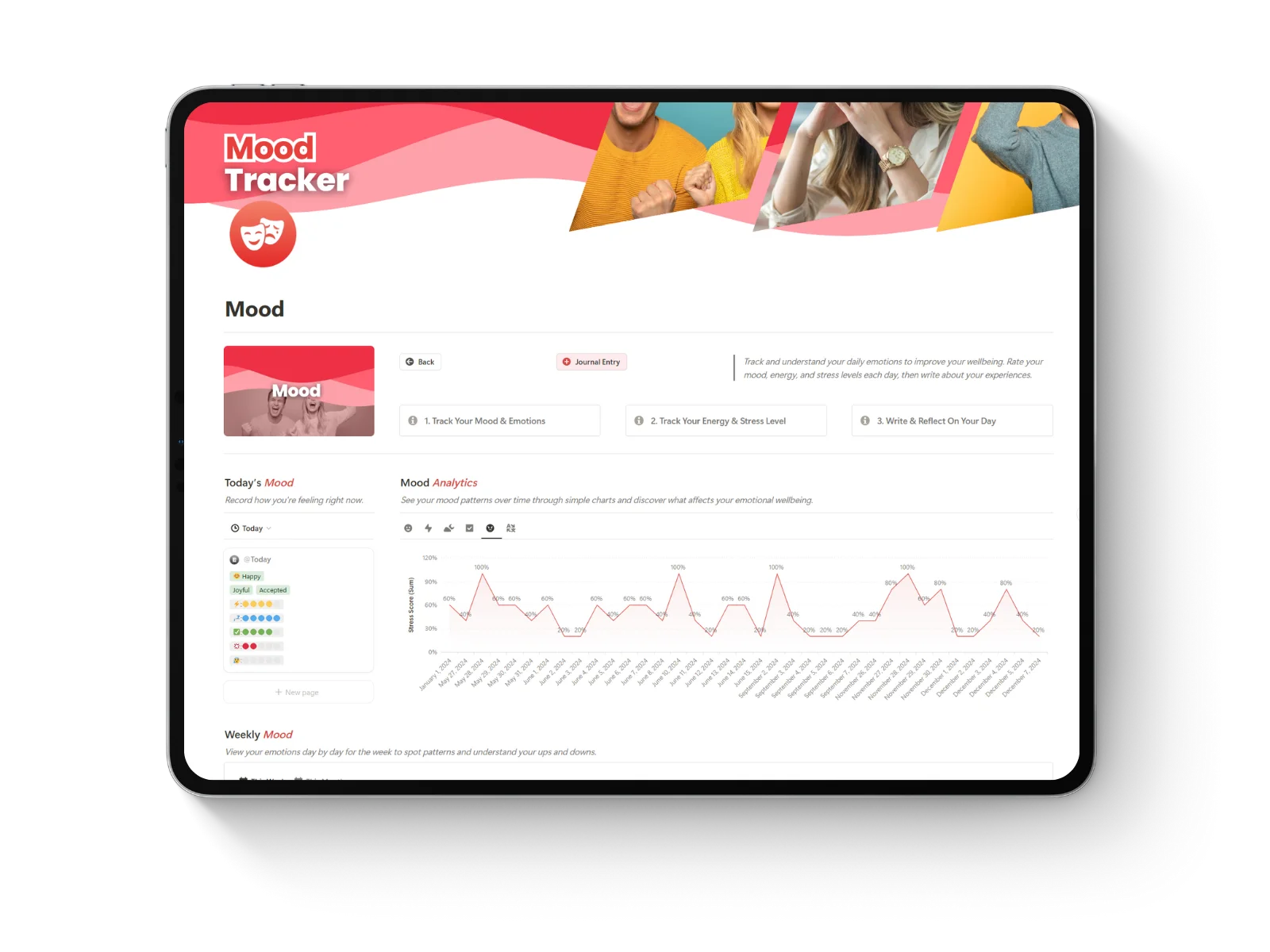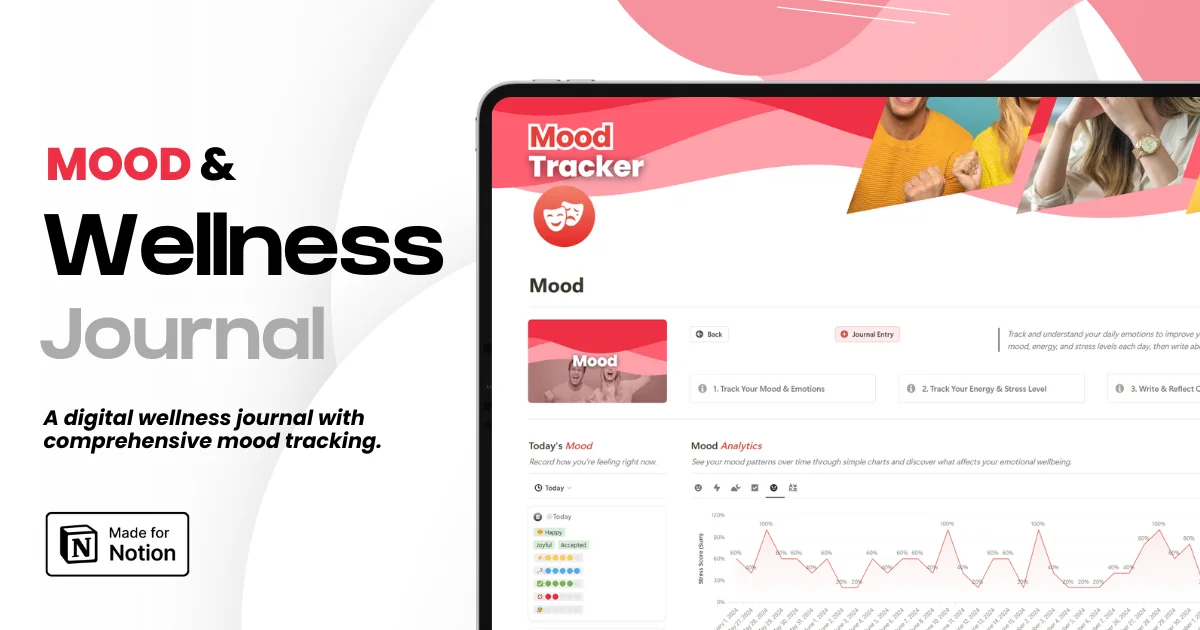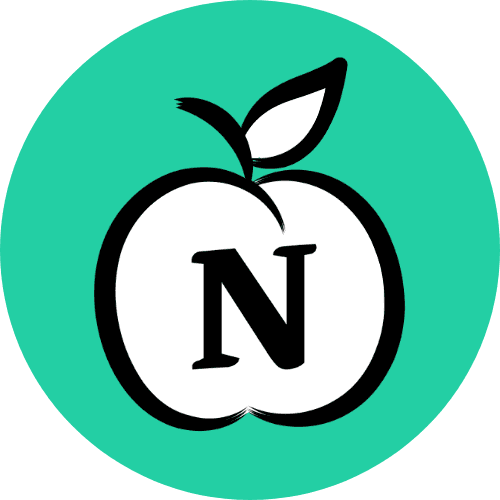

7 Things That Will Help You Study More Effectively
7 Things That Will Help You Study More Effectively
7 Things That Will Help You Study More Effectively


Article by
Milo
ESL Content Coordinator & Educator
ESL Content Coordinator & Educator
All Posts
No matter how much you want to, sometimes studying can feel hard, if not impossible, what with all of the many distractions modern life throws at us, our own motivation levels and…well,. You know how it is, right? But you know what? With a few smart strategies, you can tame that monkey mind and transform study time into prime brain-training sessions. Here are seven ninja moves to sharpen your focus, maximise retention, and make those all-nighters less painful.
No matter how much you want to, sometimes studying can feel hard, if not impossible, what with all of the many distractions modern life throws at us, our own motivation levels and…well,. You know how it is, right? But you know what? With a few smart strategies, you can tame that monkey mind and transform study time into prime brain-training sessions. Here are seven ninja moves to sharpen your focus, maximise retention, and make those all-nighters less painful.
Mood Tracker & Wellness Journal
A digital wellness journal with comprehensive mood tracking.
Learn More

Mood Tracker & Wellness Journal
A digital wellness journal with comprehensive mood tracking.
Learn More

Mood Tracker & Wellness Journal
A digital wellness journal with comprehensive mood tracking.
Learn More


1. Master the Pomodoro Technique
The Pomodoro Technique breaks work into bite-sized intervals, typically 25 minutes of focused effort followed by a five-minute break. After four cycles, take a longer break of 15 to 20 minutes. This structure keeps your brain on its toes, prevents burnout and turns marathon study sessions into manageable sprints. Use a simple timer app, a kitchen timer or even a stopwatch to keep yourself honest, and resist the urge to blow past break time or sneak in extra study minutes when you’re meant to be relaxing.
2. Create a Dedicated Study Zone
Your surroundings have a huge impact on your ability to concentrate. Designate a specific corner of your room, library carrel or café table as your official study zone. Equip it with all your essentials—textbooks, notebooks, pens, chargers and a water bottle—to minimise wandering scavenger hunts. Make sure the lighting is adequate, the chair is ergonomic and the background noise level suits your concentration style. If absolute silence drives you stir-crazy, try gentle ambient playlists or instrumental music.
3. Use Active Recall and Spaced Repetition
Passive reading can lull you into a false sense of familiarity. Instead, use active recall: close your notes and quiz yourself on key concepts. Combine this with spaced repetition by revisiting material at increasing intervals—one day later, three days later, one week later, and so on. Flashcard apps like Anki automate this scheduling for you, so you spend more time testing your knowledge and less time planning review sessions.
4. Harness the Power of Mind Mapping
If you’re a visual learner or struggling to connect disparate ideas, try mind mapping. Start with a central concept and branch out into related topics, using keywords, colours and simple sketches. This approach turns linear notes into a dynamic web of information, making it easier for your brain to see relationships and recall details during exams. Plus, it’s a creative exercise that feels more like doodling than dutiful note-taking.
5. Fuel Your Brain Wisely
What you eat and drink affects your cognitive performance more than you might realise. Opt for whole grains, lean proteins, nuts and berries to sustain energy levels, and stay hydrated throughout your study session. Some students explore supplements like sulbutiamine for energy & focus, though it’s best to research potential benefits and side effects, and consult a healthcare professional before diving in. Keep sugary snacks and caffeinated beverages in moderation to avoid the dreaded sugar crash or jittery anxiety.
6. Teach What You’ve Learned
One of the best ways to cement new information is to teach it to someone else. Grab a study buddy, family member or even a pet, and explain the topic as if you’re the professor. Teaching forces you to organise your thoughts, identify gaps in your understanding and articulate concepts clearly. If no audience is available, record yourself giving a mini-lecture—play back the recording to spot areas for improvement.
7. Schedule Rest and Mindfulness
Brain cells are like athletes; they need rest and recovery to perform at their peak. Schedule regular breaks for physical activity, meditation or a quick power nap. Even five minutes of deep breathing or a short walk around the block can reset your focus and reduce stress. A well-rested mind absorbs information more efficiently and retains it longer, turning each study session into a stepping stone rather than a slog.
Now grab your notebook, set your timer and unleash your inner study ninja. Good luck, you’ve got this.

1. Master the Pomodoro Technique
The Pomodoro Technique breaks work into bite-sized intervals, typically 25 minutes of focused effort followed by a five-minute break. After four cycles, take a longer break of 15 to 20 minutes. This structure keeps your brain on its toes, prevents burnout and turns marathon study sessions into manageable sprints. Use a simple timer app, a kitchen timer or even a stopwatch to keep yourself honest, and resist the urge to blow past break time or sneak in extra study minutes when you’re meant to be relaxing.
2. Create a Dedicated Study Zone
Your surroundings have a huge impact on your ability to concentrate. Designate a specific corner of your room, library carrel or café table as your official study zone. Equip it with all your essentials—textbooks, notebooks, pens, chargers and a water bottle—to minimise wandering scavenger hunts. Make sure the lighting is adequate, the chair is ergonomic and the background noise level suits your concentration style. If absolute silence drives you stir-crazy, try gentle ambient playlists or instrumental music.
3. Use Active Recall and Spaced Repetition
Passive reading can lull you into a false sense of familiarity. Instead, use active recall: close your notes and quiz yourself on key concepts. Combine this with spaced repetition by revisiting material at increasing intervals—one day later, three days later, one week later, and so on. Flashcard apps like Anki automate this scheduling for you, so you spend more time testing your knowledge and less time planning review sessions.
4. Harness the Power of Mind Mapping
If you’re a visual learner or struggling to connect disparate ideas, try mind mapping. Start with a central concept and branch out into related topics, using keywords, colours and simple sketches. This approach turns linear notes into a dynamic web of information, making it easier for your brain to see relationships and recall details during exams. Plus, it’s a creative exercise that feels more like doodling than dutiful note-taking.
5. Fuel Your Brain Wisely
What you eat and drink affects your cognitive performance more than you might realise. Opt for whole grains, lean proteins, nuts and berries to sustain energy levels, and stay hydrated throughout your study session. Some students explore supplements like sulbutiamine for energy & focus, though it’s best to research potential benefits and side effects, and consult a healthcare professional before diving in. Keep sugary snacks and caffeinated beverages in moderation to avoid the dreaded sugar crash or jittery anxiety.
6. Teach What You’ve Learned
One of the best ways to cement new information is to teach it to someone else. Grab a study buddy, family member or even a pet, and explain the topic as if you’re the professor. Teaching forces you to organise your thoughts, identify gaps in your understanding and articulate concepts clearly. If no audience is available, record yourself giving a mini-lecture—play back the recording to spot areas for improvement.
7. Schedule Rest and Mindfulness
Brain cells are like athletes; they need rest and recovery to perform at their peak. Schedule regular breaks for physical activity, meditation or a quick power nap. Even five minutes of deep breathing or a short walk around the block can reset your focus and reduce stress. A well-rested mind absorbs information more efficiently and retains it longer, turning each study session into a stepping stone rather than a slog.
Now grab your notebook, set your timer and unleash your inner study ninja. Good luck, you’ve got this.
Mood Tracker & Wellness Journal
A digital wellness journal with comprehensive mood tracking.
Learn More

Mood Tracker & Wellness Journal
A digital wellness journal with comprehensive mood tracking.
Learn More

Mood Tracker & Wellness Journal
A digital wellness journal with comprehensive mood tracking.
Learn More

2025 Notion4Teachers. All Rights Reserved.
2025 Notion4Teachers. All Rights Reserved.
2025 Notion4Teachers. All Rights Reserved.
2025 Notion4Teachers. All Rights Reserved.








